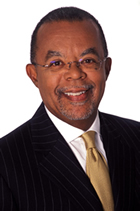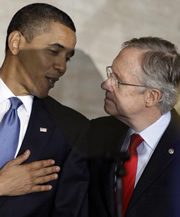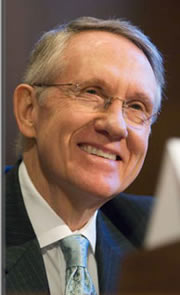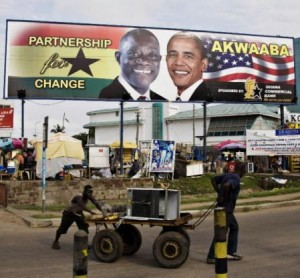In recent presidential elections, I’ve publicly posted my analysis and predictions ahead of the voting. While I’m no longer blogging here, in order to concentrate on my work at the Tracing Center, I thought it would only be fair to put myself on record again.
(Last year, for reference, I correctly predicted 49 of 50 states. The state I missed was Indiana, which I saw narrowly going to McCain.)
Here is now I see the electoral map and the state of the presidential election, before we begin seeing returns today:
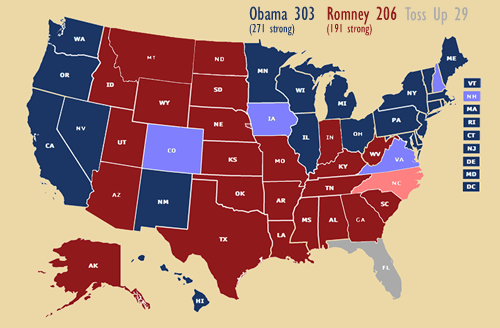
How controversial is this analysis? Not very, if you look at the work of respectable political analysts and political scientists. On the other hand, if you’ve been listening to the “mainstream media,” you might have the mistaken impression that Romney had been experiencing momentum since the first presidential debate, and that the race was currently too close to call.
In fact, President Obama has a commanding lead in the electoral college, and probably a slim lead in the popular vote, as well. As the map indicates, he seems to have enough states sewn up to win a majority of electoral college votes, and is on track for a bigger victory than required. There seem to be few battleground states left in play, and only Florida appears to be a true toss-up.
What are Romney’s chances at this point? Not very good, but he still has a chance. To win, however, would require either surprising events on the ground in key battleground states, blocking relatively large numbers of voters from casting their ballots, or for most the state polls to have been systematically biased (“skewed”) against him.
Political scientists and survey experts worry quite a bit, in fact, that the national and state polls could be biased against one candidate or the other, especially in an age of very low response rates and high cell phone usage among younger voters.
However, it’s worth noting two facts here. First, we have rich polling data in all the battleground and marginal states. While individual state polls can and do vary quite a bit (statistical “noise”), averages of late state polls in presidential elections are historically very, very successful at predicting winners. And there has been no noticeable trend away from this success in recent years.
Second, the risk that the state polls are biased cuts both ways. Pollsters and analysts have to make assumptions in analyzing voter responses, and they could be making the wrong assumptions, but they have been very conscious that they could be making assumptions that overstate the president’s support among voters. (This has been especially true in recent months, as until the last week or so, the national poll numbers have consistently shown Romney performing better than the state polls would suggest.) As a results, reputable pollsters have been trying to adjust their assumptions to balance the risk of over- and under-stating either candidate’s performance, and it would seem just as likely that they have erred in one direction as another.
Finally, here is my projection of tonight’s election results:
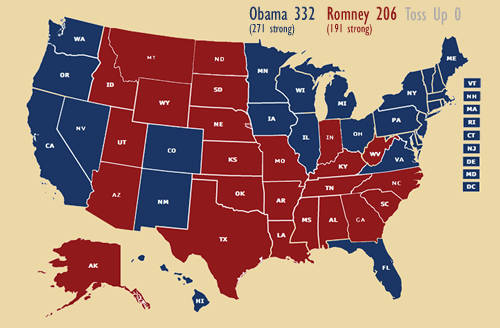
This is the electoral map where I force myself to call every single state. As the first map indicated, I see very few closely contested states this year, and all but one of those states exhibits a distinct “lean,” making this projection straightforward (if inherently risky).
The sole exception is Florida. As of today, Florida seems as if it’s headed for an automatic recount. If either candidate performs better than that in Florida, I think it could be either one. It will all depend on the ground game there, and on whether Obama’s apparent momentum in the national polls, in the wake of Hurricane Sandy, has crested or is still peaking.




